Revolutionizing Wellness: How Tech is Shaping the Future of Healthcare
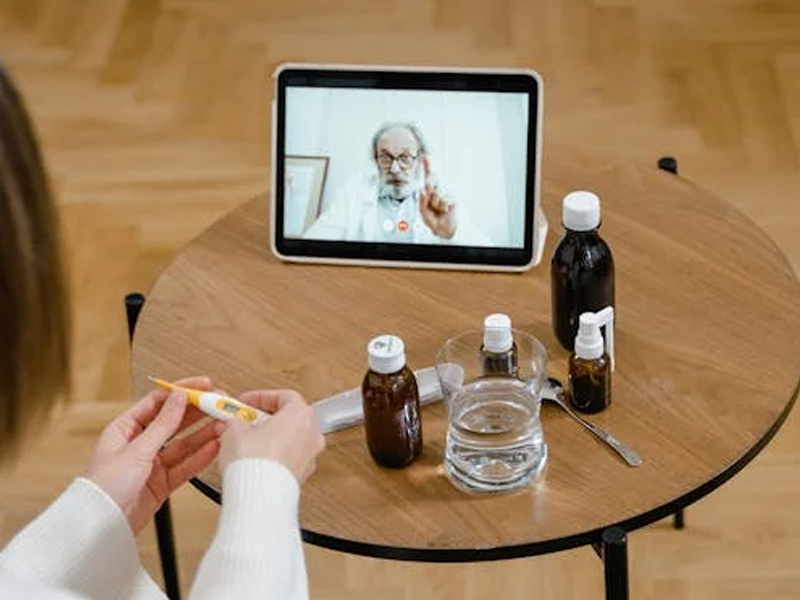
Tech Gadgets
Telemedicine
Imagine a world where specialist consultations are just a video call away. Telemedicine bridges geographical barriers, allowing patients in remote areas or with mobility limitations to connect with healthcare providers virtually. This not only improves access to care but also reduces wait times and unnecessary travel. The COVID-19 pandemic served as a catalyst for telemedicine adoption, showcasing its potential to deliver safe and effective care remotely.Wearables
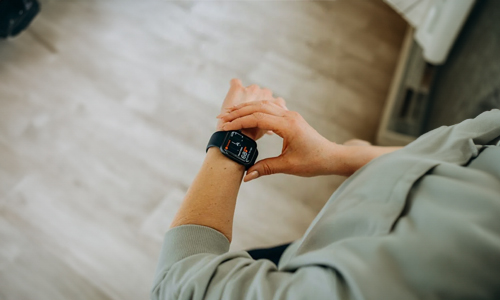 From fitness trackers to smartwatches, wearables have become an extension of ourselves. These handy devices continuously monitor our health metrics, including heart rate, sleep patterns, and activity levels. This data empowers us to gain insights into our well-being and make informed lifestyle choices. Additionally, wearables can detect anomalies and prompt users to seek medical attention, potentially leading to earlier diagnoses and improved health outcomes.
From fitness trackers to smartwatches, wearables have become an extension of ourselves. These handy devices continuously monitor our health metrics, including heart rate, sleep patterns, and activity levels. This data empowers us to gain insights into our well-being and make informed lifestyle choices. Additionally, wearables can detect anomalies and prompt users to seek medical attention, potentially leading to earlier diagnoses and improved health outcomes.
Health Tracking Apps
The app store is brimming with health and wellness applications. These apps cater to a wide range of needs, from chronic disease management to mental health support. Users can track medications, monitor symptoms, receive personalized health recommendations, and connect with health communities for motivation and support. These apps empower patients to take an active role in managing their health.AI-powered Diagnostics
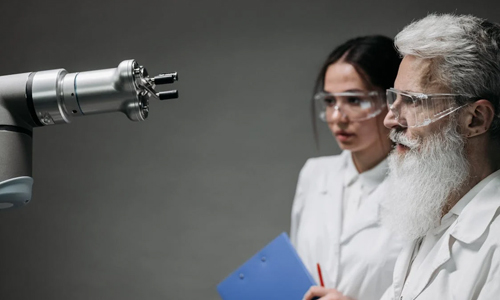
Artificial intelligence (AI) is making significant inroads into the healthcare domain. AI algorithms are being trained on vast datasets of medical information to assist healthcare professionals in diagnostics and treatment planning. AI can analyze medical images with remarkable accuracy, potentially leading to earlier and more precise diagnoses. Furthermore, AI can analyze patient data to identify individuals at risk of developing specific diseases, paving the way for preventive interventions.
The Positive Impact of the Digital Health Revolution
The digital health revolution offers a multitude of benefits for both patients and healthcare providers:Improved Patient Outcomes
Telemedicine, wearables, health apps, and AI all contribute to improved patient outcomes by enabling earlier diagnoses, better disease management, and a more proactive approach to health.Enhanced Patient Empowerment
Digital health tools empower patients to take charge of their health. They can access information, monitor their well-being, and make informed decisions about their healthcare.Increased Efficiency and Accessibility
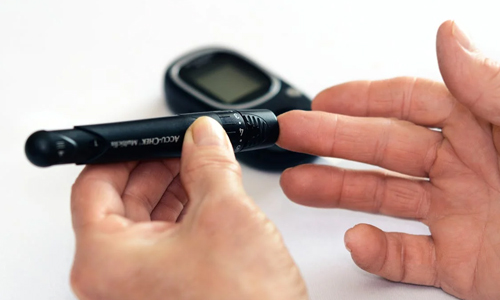
Telemedicine reduces wait times and travel for patients. Wearables and health apps provide 24/7 access to health information and support.
Reduced Healthcare Costs
Digital health interventions can potentially lower healthcare costs by facilitating preventative care, reducing hospital readmission rates, and streamlining administrative processes.Challenges and Considerations
Despite its vast potential, the digital health revolution is not without its challenges:Data Privacy and Security
The increasing use of digital health tools raises concerns about data privacy and security. Robust measures are necessary to ensure that sensitive patient information remains protected.Digital Divide
Unequal access to technology can exacerbate existing health disparities. Efforts are needed to bridge the digital divide and ensure everyone has the opportunity to benefit from digital health advancements.Regulation and Standards
The rapid evolution of digital health technologies necessitates the development of clear regulatory frameworks and ethical guidelines to ensure their safe and effective use.Misinformation and Bias
The digital landscape is rife with misinformation and biased health information. It’s crucial for users to develop critical thinking skills to evaluate the credibility of online health resources.The Future of Tech Healthcare
The digital health revolution is still in its early stages, brimming with immense potential to transform the American healthcare system. As technology continues to evolve and these tools become more widely adopted, we can expect to see a future where healthcare is:More Personalized

AI and big data will enable the delivery of personalized medicine, tailored to individual needs and genetics.
Preventative and Proactive
Digital health tools will allow us to identify health risks early and intervene before diseases progress.Value-Based
The healthcare system will shift towards a value-based model, rewarding providers for positive patient outcomes rather than the volume of services delivered.Advanced devices
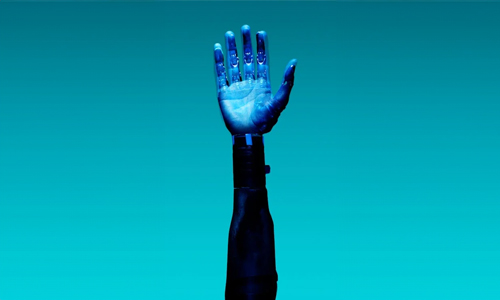 Individuals will have greater control over their health data and treatments of more complicated illnesses would become much simpler and effective.
Individuals will have greater control over their health data and treatments of more complicated illnesses would become much simpler and effective.
A Call to Action
The digital health revolution presents a unique opportunity to create a more accessible, efficient, and patient-centered healthcare system. However, to fully realize this potential, we must address the existing challenges related to data privacy, digital equity, and ethical considerations. By harnessing the power of technology responsibly, we can build a future where everyone has the opportunity to live a healthier and happier life.- Consider using a wearable to track your activity levels and sleep patterns.
- Download a reputable health app to manage a chronic condition or improve your mental well-being.
- Research telemedicine options to connect with a healthcare provider virtually.
Frequently Asked Questions?
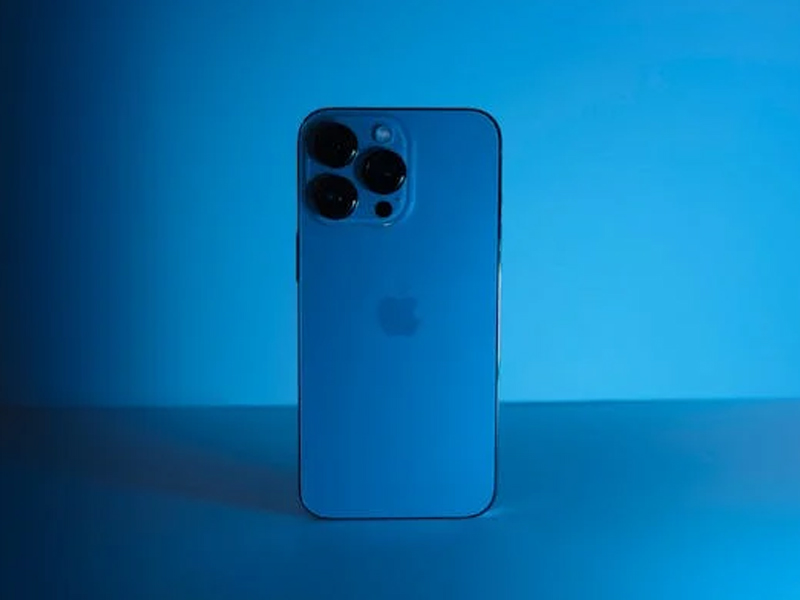
01
Mobile Technology
iPhone Repair Just Got Easier: No More Disabling Find My Before Service
May 4, 2024

01
Tech news
Tech for a Greener You: Apps to Empower Your Sustainable Lifestyle
May 3, 2024

01
Internet of Things
Tesla’s Robotaxi: A Driverless Future on the Autobahn (or Freeway)?
May 2, 2024

01
Tech Gadgets
Don’t Trash Your Tech! Combating E-waste & Embracing Responsible Gadget Disposal
Apr 30, 2024
SUSBSCRIBE TO OUR NEWSLETTER
Join our subscribers list to get the latest news and special offers.
iPhone Repair Just Got Easier: No More Disabling Find My Before Service
Tech for a Greener You: Apps to Empower Your Sustainable Lifestyle
Tesla’s Robotaxi: A Driverless Future on the Autobahn (or Freeway)?
Meta Llama 3: Jack of All Trades, Master of None (But Still Free!)